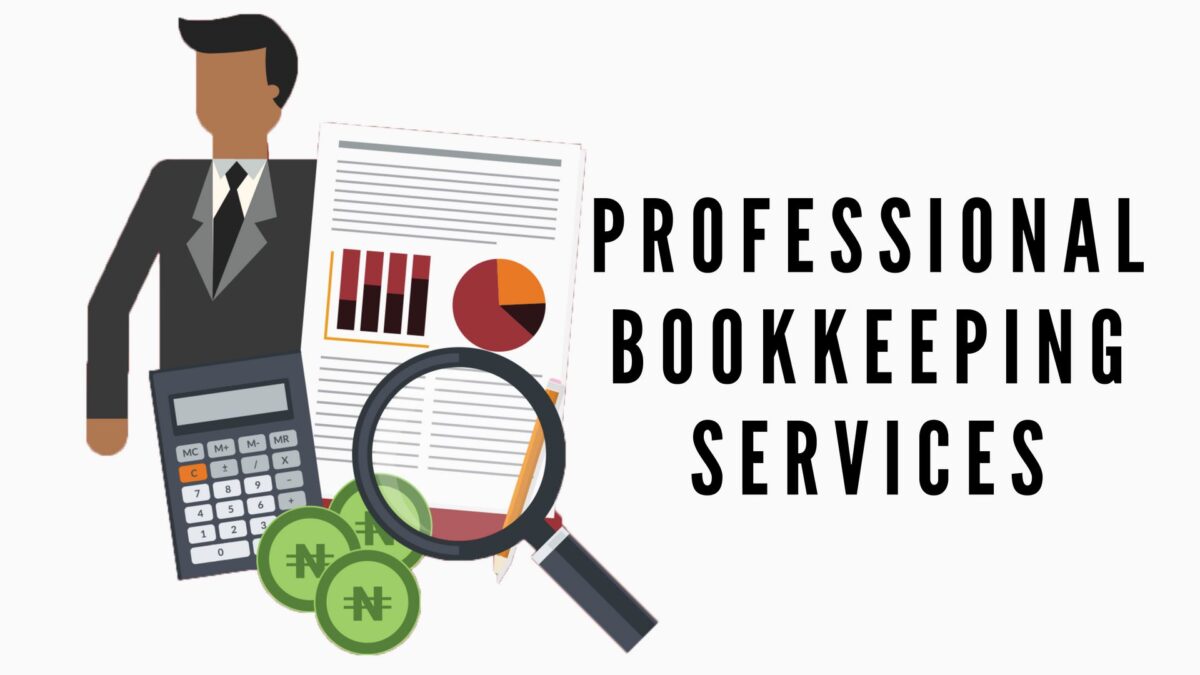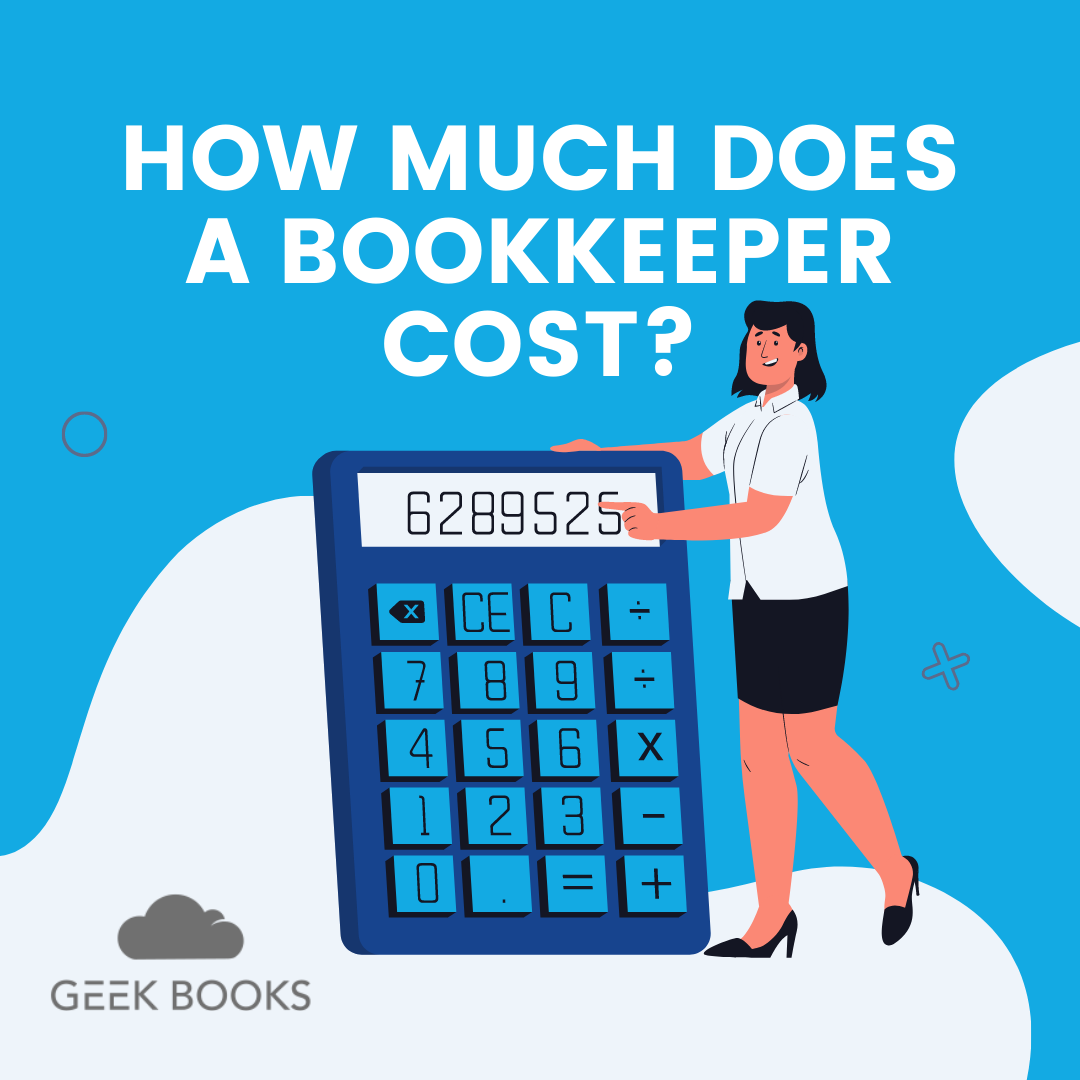How to Find a Top Accountant: Tips for Individuals and Businesses
Introduction
How do i find a top accountant? Finding an accountant who is a good fit for you is essential to your financial well-being, regardless of whether you are an individual or a business. You can obtain assistance with tax planning, budgeting, bookkeeping, and other financial responsibilities if you hire an experienced accountant. However, because there are so many accountants available, it may be challenging to determine where to begin your search for one. In this post, we will provide you with some advice on how to choose a leading accountant that is a good fit for your requirements.

Consider Your Needs
Consideration of your requirements ought to come first in the search for a good accountant. Do you require assistance with the planning of your taxes, your bookkeeping, or your financial projections? Are you interested in hiring an accountant who has experience in a variety of fields or one who specialises in your particular field of business? After you have determined what you require, you can start looking for a qualified accountant to meet those needs.
Referrals
Finding a good accountant by word of mouth is one of the most productive methods to go about it. Enquire with people you know, such as your family, friends, and coworkers, if they can recommend an accountant. If you know someone with financial requirements that are comparable to your own, you should ask them for a referral. You might also enquire with other experts who work in the same field as you, such as attorneys or financial consultants.
Check Credentials
It is essential to investigate a candidate’s background and experience before hiring them as an accountant. Verify that the accountant you hire possesses all of the certifications and licences required to operate a business in your state or country. Certified Public Accountant (CPA) and Chartered Accountant (CA) are two of the most common professional credentials for accountants. You can also check to see if the accountant is a member of a professional organisation, such as the American Institute of Certified Public Accountants (AICPA) or the Institute of Chartered Accountants in England and Wales (ICAEW). Both of these organisations are examples of such organisations.
Experience
When searching for a top accountant, experience is an additional important factor to take into consideration. Enquire of the accountant about the length of time they have been in practise as well as the different types of clientele they have served in the past. Find an accountant with experience in the areas of international tax planning and estate planning if you have specific financial needs, such as those related to estate planning or international tax planning.

Communication Skills
Communication is essential if one is working with an accountant. You should look for an accountant who can speak efficiently and clearly. You need the assistance of a person who can clarify complex financial ideas in a manner that is simple to grasp. You also want an accountant who is receptive to your enquiries and who is readily available to address them.
Fees
It is essential to have a thorough understanding of an accounting firm’s price structure prior to engaging their services. There are some accountants that charge by the hour, while others offer their services for a predetermined flat rate. Make sure that you have a clear understanding of the pricing structure of the accountant as well as the services that are included in their fee. You need to find out if there are any additional fees, such as charges for making phone calls or sending emails.
Conclusion
Finding a top-notch accountant can be difficult; however, if you take your requirements into consideration, examine their credentials, and assess their expertise, communication skills, and costs, you can locate an accountant who is suitable for your requirements. You may also find a good accountant through referrals, so don’t be afraid to approach your friends, family, and coworkers for advice. This is another effective technique to find an accountant. If you have the proper accountant on your team, you will be able to make sound decisions regarding your finances and work towards accomplishing your financial objectives. https://cbdtax.com.au/ashfield-accounting-firms-near-me




























